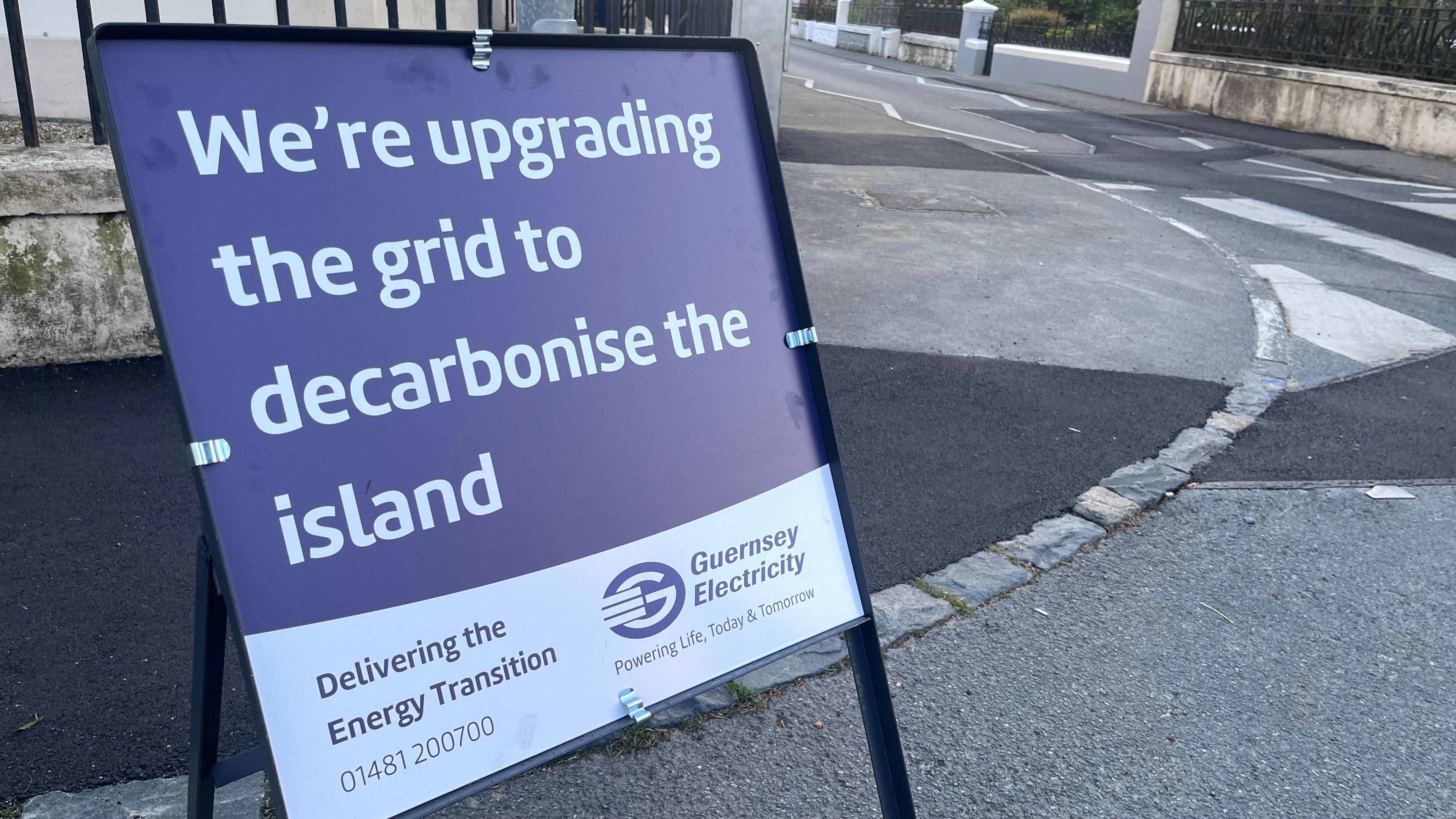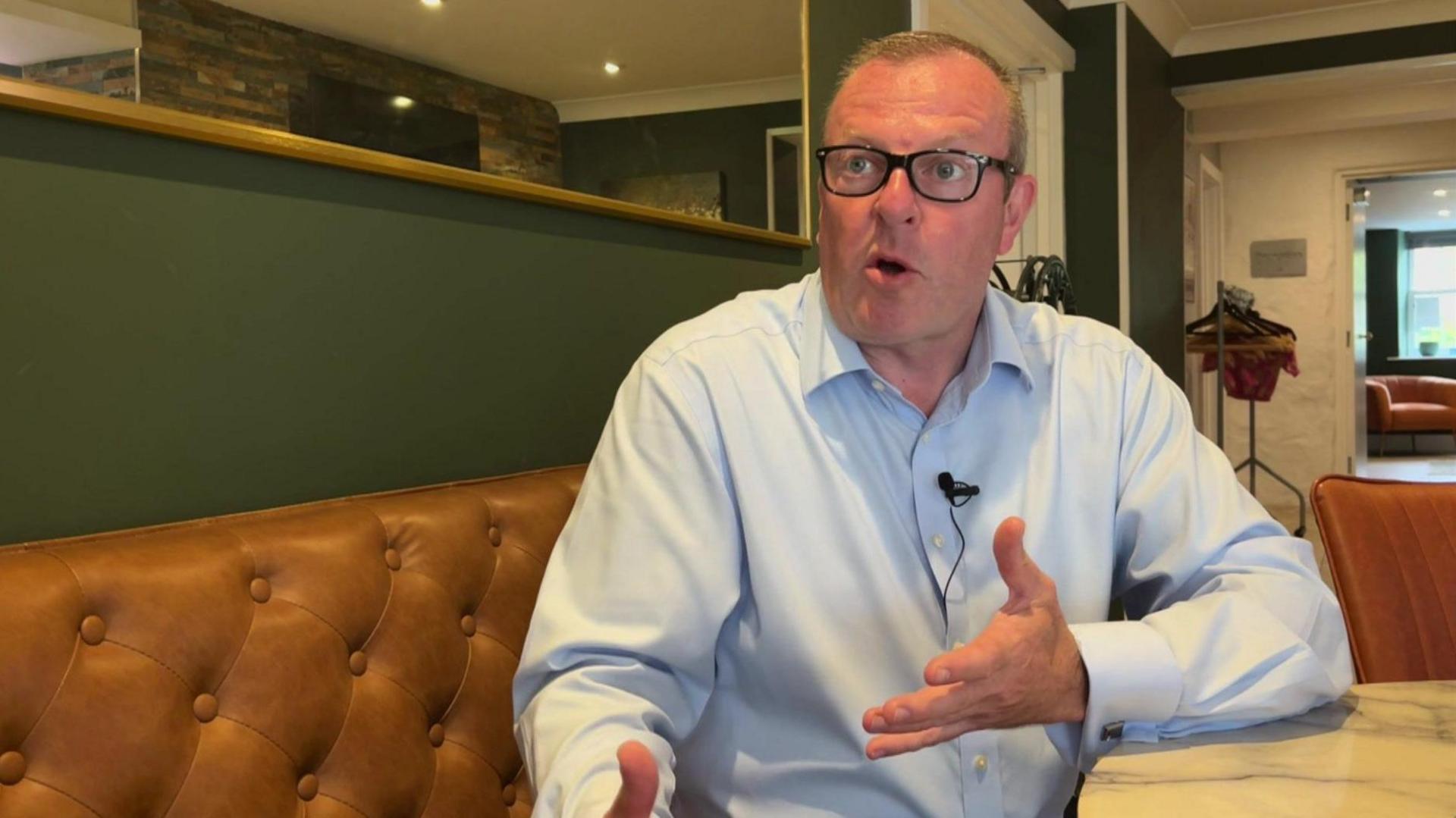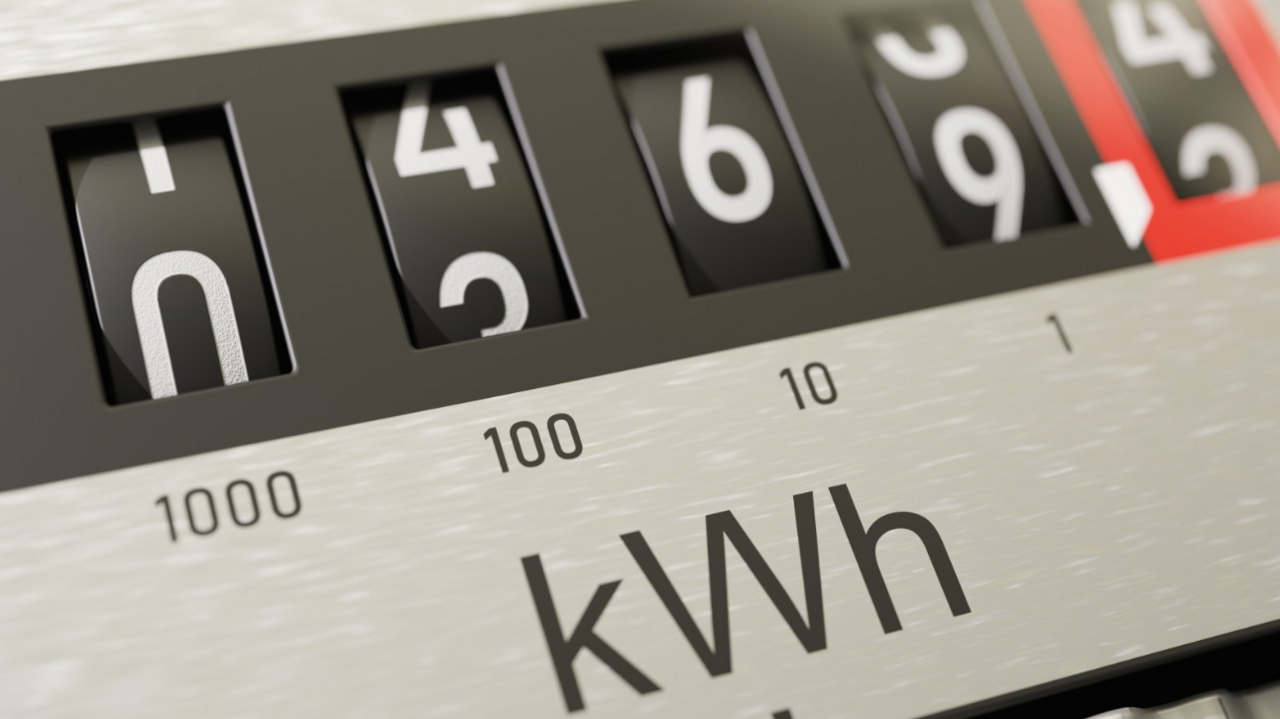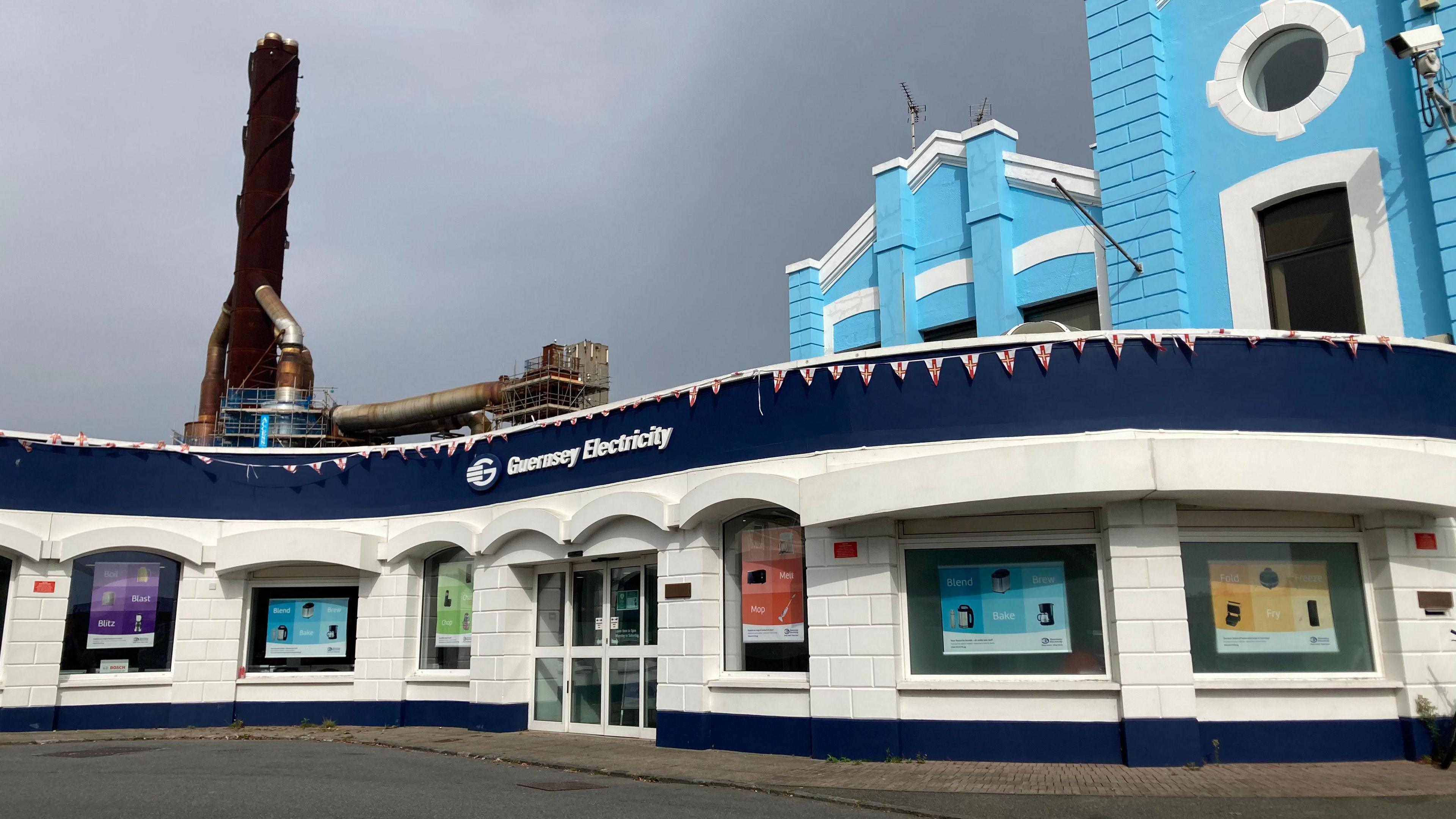Guernsey Electricity warns of more price rises

The price rises will be used to pay off high-cost debt and to cover the cost of decarbonising the island
- Published
Guernsey Electricity (GEL) has warned customers to expect further price rises so it can pay off current debts and cover the costs of decarbonising the island.
The firm said in its annual report new tariff increases would also help meet the costs of maintaining its infrastructure so energy supplies were "secure and reliable".
According to its accounts, GEL has more than £29m of bank loans, as well as other debts, that expose it to "higher debt financing costs" and "inflationary pressures".
Peter Shaefer, the firm's chairman, said "significant" investment was needed and "further tariff increases will be necessary".
'Cause for concern'
The warning comes after electricity bills rose 10% at the start of this month, having risen 13% in 2023, which the company blamed on under-investment and "artificially low" prices in the past.
GEL said net debt had increased by £4.5m last year because of nearly £13m in additional spending.
It said this was a "cause for concern" and it needed to "move to a more sustainable financing model".
The company said a long-standing agreement with France to supply electricity at a fixed cost had nearly halved the price of electricity for people in Guernsey over recent years.
It said pressures such as the war in Ukraine had forced prices up in the UK and elsewhere, but Guernsey had been protected from this by the agreement with France.
However, it said the wholesale cost of electricity would rise as that agreement had come to an end.
Alan Bates, GEL's chief executive, said customers' bills had been "amongst the lowest in the British Isles" and the firm performed well compared to Jersey and the Isle of Man, according to a recent review.
'Unique challenges'
Mr Bates said prices would rise so it could start to repay its current high-cost debts, as well as to decarbonise the island and maintain old infrastructure.
Mr Bates said the company was planning to fund its infrastructure investments "in the most affordable and cost-efficient way" with a mixture of long-term borrowing and reinvesting profits.
He said the firm was "mindful" of the "cost of living pressures on all consumers and remains committed to operating in an efficient manner to minimise costs wherever possible".
Speaking about renewable energy, Mr Bates said only 0.2% of the island's electricity supply came from solar power.
He said about 90% of the island's energy came from the underwater cable to France.
"Recognising our island's unique challenges, and understanding the importance of using a blend of imported electricity and local renewables, will ensure the island has a secure and resilient supply as we transition towards new energy sources and our net carbon zero targets by 2050," he said.
Follow BBC Guernsey on X (formerly Twitter), external and Facebook, external. Send your story ideas to channel.islands@bbc.co.uk, external.
Related topics
- Published28 June 2024

- Published22 May 2024

- Published24 May 2024
